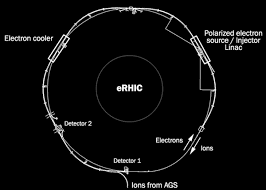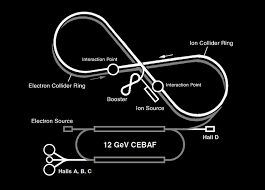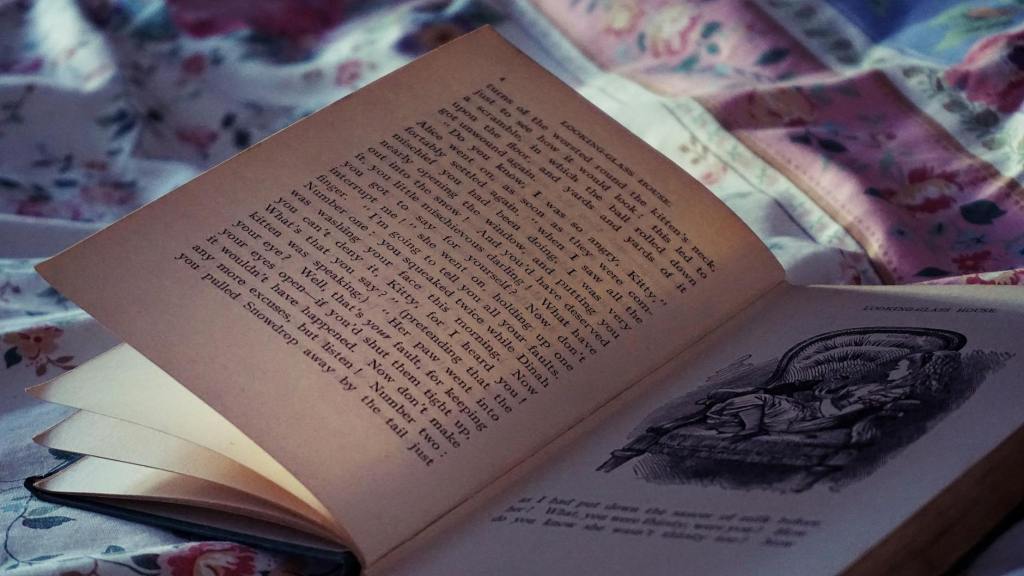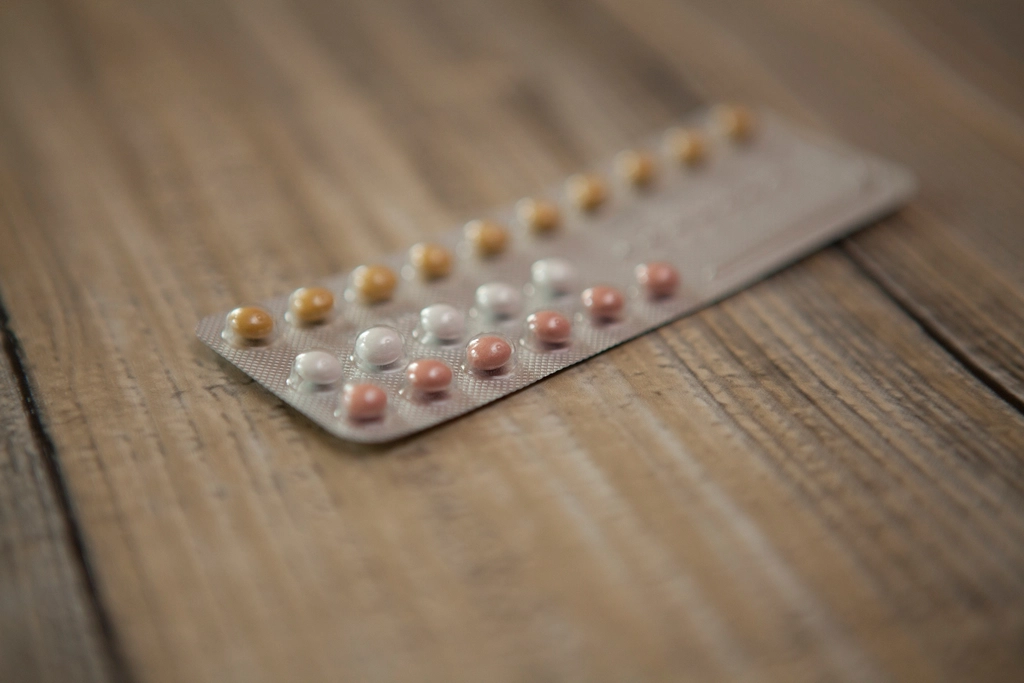By Courtney Boyd
Particle physics is the branch of physics dedicated to investigating the properties and forces of nature working at the subatomic level. An Electron Ion Collider (EIC) accelerates electrons on one side and ions on the other close to the speed of light. Then, using high amounts of energy, it smashes the two into each other. Numerous detectors record velocity, position, angles, and much more. This allows physicist to view a private show displayed on nature’s smallest stage. An EIC will allow physicists to study quantum chromodynamics. Quantum chromodynamics is the theory where the strong force between quarks is due to gluon force carriers and their property called color.
In October 2015 the National Science Advisory Committee (NSAC) strongly advocated to the Department of Energy (DOE) and National Science Foundation (NSF) for a new Electron Ion Collider (EIC) in the United States. In July 2018 the National Academy of Science (NAS) released a report based on the opinions of scientist worldwide, and the capability for expansion of existing DoE laboratories. They also took into account the history of particle physics research application. Most notably, particle physics research as lead to innovation in medicine, computing, and homeland security. They concluded that an EIC would be essential to insuring the United States remains a nuclear science powerhouse. The EIC will be constructed at either Thomas Jefferson National Lab (JLab) in Newport News, Virginia or Brookhaven National Lab (BNL) in Upton, New York. Brookhaven and JLab both developed highly sophisticated designs for their EIC upgrade if they are selected.
What does this mean for Duquesne Students? Because of Dr. Fatiha Benmokhtar and her undergraduate research team’s years of brilliance, hard work and dedication, Duquesne is a contributing member institution for CLAS12 of Hall B in JLab. I personally had the honor of working in Hall A on protons with Dr. Benmokhtar and other world class physicist over the summer. I was able to visit JLab for a week in the summer and tour the accelerator facility. Juniors Elise Aaron and Collin McCauley were selected as JLab SULI interns for the duration of the summer. In addition, Dr. Benmokhtar is one of the local collaboration members for the EIC.
In summary, the EIC coming to Jefferson lab would mean more opportunities for Duquesne students in physics. Physicists are hopeful about the EIC no matter which lab it goes to. Regardless, we will be one act closer to the ultimate goal of the particle physics play- describing the forces of subatomic particles and their properties.
Figure 1. Brookhaven EIC

Figure 2. Thomas Jefferson Lab EIC

I would like to give a special thanks to Dr. Benmokhtar for being a great mentor! For more information about Duquesne Physics join the Society of Physics Majors on campus link and come to meetings Thursday nights in Fisher Hall!
REFERENCES:
- “Jefferson Lab’s proposed Electron-Ion Collider.” JLab Electron-Ion Collider, http://www.jlab.org/jleic/index.html, Accessed 11 October 2018.
- “Statement by Brookhaven Lab, Jefferson Lab, and the Electron-Ion Collider Users Community on National Academy of Sciences Electron- Ion Collider Report.”Brookhaven National Laboratory Newsroom, http://www.bnl.gov/newsroom/news.php?a=112982 , Accessed 11 October 2018.
- The Electron-Ion Collider. Brookhaven National Laboratory and The United States Department of Energy,www.bnl.gov/eic/, Accessed 11 October 2018.
Cite this article:
Boyd, C. (2018). A New American Electron Ion Collider On The Way: What It Means for Particle Accelerator Science and Duquesne Students. D.U. Quark, 3(1). Retrieved from https://dsc.duq.edu/duquark/vol3/iss1/4
Download the PDF here





Leave a comment